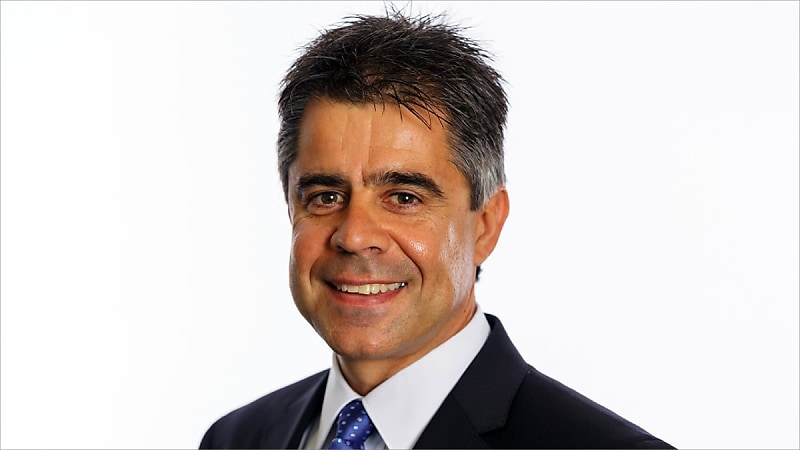SMSFA says aged care, super policies shouldn’t be looked at in isolation
Policies on aged care and superannuation must be considered within the broader retirement and retirement income ecosystem, says the SMSF Association.
Peter Burgess, SMSFA CEO, said if the government continues to consider these as separate policy silos, it risks policy misalignment and negative outcomes.
Burgess’ comments were made in response to the government's Aged Care Taskforce suggestion that the amount paid by Australians accessing care should be determined by their personal wealth, including super, rejecting the idea of an aged care levy.
The taskforce comes on the back of the Royal Commission into Aged Care Quality and Safety and was established last year to determine the best means of funding the aged care system. Australia's aged care bill continues to increase and last financial year totalled $27.1 billion and is expected to reach $42 billion by 2026–27.
The government funds about 75 per cent of residential aged care and 95 per cent of home care which the taskforce has said is not sustainable, leading to the recommendation that older Australians subsidise aged care from their super.
The report stated the government's proposed objective for superannuation is “to preserve savings to deliver income for a dignified retirement, alongside government support, in an equitable and sustainable way.”
“Income from superannuation should be drawn down in retirement to cover health, lifestyle, other living expenses and aged care costs," the report states.
"These superannuation trends, combined with high asset wealth through the family home and other investments, mean increasingly people still have accumulated wealth and income streams when they need to access aged care services. As a result, there is more scope for older people to contribute to their aged care costs by using their accumulated wealth than in previous generations."
Burgess said the SMSFA supports the recommendations about providing more information and education on aged care costs and raising awareness of how to utilise wealth in retirement.
“This will give individuals more confidence that they can afford future aged care costs and may ultimately result in them choosing to access more of their superannuation to pay for aged care services,” he told SMSF Adviser.
“However, the need to do so should not be mandated. Individuals should have the choice about the income sources they use to fund their aged care costs.”
He added that the existing aged care fee system is complex and difficult to understand and the SMSFA would welcome steps that simplify the terminology and the structuring of the fee system.
“Now that the taskforce recommendations have been published, we look forward to working with government on future funding models,” he said.
Meanwhile, the Association of Superannuation Funds Australia said the recommendations are “sensible” and include changes to charging and means testing arrangements which will ensure that those with accumulated wealth and scope to contribute to the costs of their aged care can do so.
ASFA CEO Mary Delahunty said the taskforce has ruled out ringfencing part of individuals’ super for aged care, which is entirely appropriate given the true objective of super.
“The taskforce also has proposed that Refundable Accommodation Deposits be phased out. This will lead to retirees having greater confidence to draw down their superannuation in retirement,” she said.
“However, even with a maturing superannuation system, many individuals will have only modest superannuation balances when they are in their 80s and 90s. The Superannuation Guarantee going to 12 per cent and there being no further widespread early release of superannuation, such as for housing deposits, will be crucial for future retirees to meet their living expenses, including for aged care when appropriate.”








